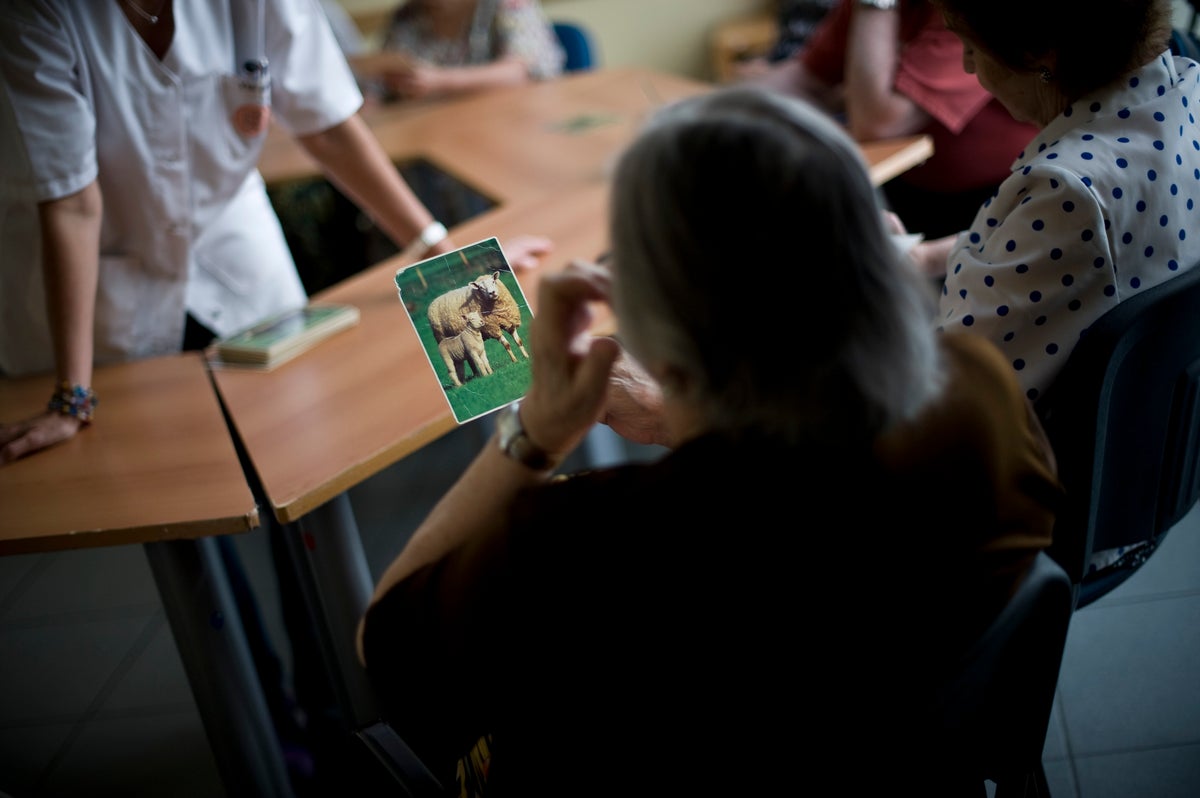Discovery of ‘key’ inflammation trigger behind ageing could help humans live longer

A key driver of chronic inflammation in the body that can accelerate ageing has been discovered by scientists in an advance that can help find new ways to live longer and prevent age-related conditions like Alzheimer’s disease.
Mitochondria in the immune system’s cells that are called macrophages lose their ability to take up and use calcium with age, found the study, published recently in the journal Nature Aging.
Researchers, including those from the University of Virginia Health System, showed this change in mitochondria with age leads to chronic inflammation responsible for many ailments that afflict people in their later years.
Scientists said the findings may lead to new approaches to increase the uptake of calcium by the mitochondria in macrophages to prevent harmful inflammation and its terrible ageing effects.
Macrophages play a crucial role in the immune system, swallowing up dead or dying cells and allowing the removal of debris, as well as patrolling the body for pathogens and other foreign invaders.
While previous research has shown macrophages tend to become less effective with age, it has remained unclear why this happens.
The new study, researchers said, unravels a “keystone” mechanism that leads to age-related changes in the macrophages that make these immune cells prone to chronic, low-grade inflammation.
When macrophages that have undergone such changes are confronted by a pathogen or tissue damage, they can become hyperactive, driving what they call “inflammaging” – chronic inflammation that drives ageing.
Targeting the macrophages with appropriate drugs may allow the slowing of age-associated neurodegenerative diseases, scientists said.
“I think we have made a key conceptual breakthrough in understanding the molecular underpinnings of age-associated inflammation,” study co-author Bimal Desai said.
“This discovery illuminates new therapeutic strategies to interdict the inflammatory cascades that lie at the heart of many cardiometabolic and neurodegenerative diseases,” Dr Desai said.
The newly discovered mechanism may also explain similar changes in many other related immune cells generated in the bone marrow, researchers said.
They suspect that finding new ways to stimulate the proper functioning of cells that have undergone such changes could potentially give the immune systems a big boost in old age.
For all the latest Science News Click Here
For the latest news and updates, follow us on Google News.

